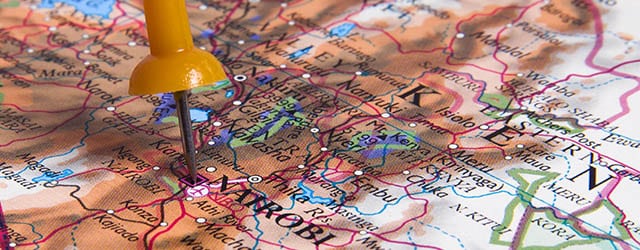Patrick Njoroge was named governor of the Central Bank of Kenya in June, part of a broader change in leadership at the Central Bank, including a new chairman and second deputy governor.

Kenya has been a great economic success story in recent years. According to a recent World Bank analysis, its economy grew by an estimated 5.4% in 2014 and is projected to grow by 6% in 2015, 6.6% in 2016 and 7% in 2017.
Kenya is becoming one of the fastest-growing economies in East Africa. Unlike other African nations that depend on revenues from commodities exports, Kenya has a diverse economy, supported by investment in infrastructure, agriculture and manufacturing, and by low energy costs.
Michael Kafe, an economist with Morgan Stanley based in Johannesburg, notes the effectiveness of “the recent adoption of transparency-improving and monetary policy transmission-enhancing macroprudential measures such as the Kenya Banks’ Reference Rate (KBRR), which only allows for biannual reviews.”
The new governor’s main goal is to continue these positive trends, while fighting inflationary pressures. Experts have criticized the Central Bank for not doing enough to intervene in the foreign exchange markets to slow down the devaluation of the Kenyan shilling. However, Njoroge’s American education (Yale University) and extensive experience at the IMF may lead to more conservative monetary policies.
Kafe says that “contrary to perceptions that inflation could accelerate significantly over the remainder of this year, we expect CPI to stabilize around the 7% level until October.” He adds, “Reasonable rainfall since April suggests to us that a food price spiral is unlikely this year.”
Local and regional security challenges—including attacks on Kenyan oil pipelines—and low productivity are some of the continuous threats to the rising Kenyan economy.
President Obama’s recent historic visit to Kenya highlighted some of these opportunities and challenges. The US president publicly addressed the importance of fighting corruption in Kenya and strengthening trade relations with the United States. US exports to Kenya have been on the rise, with a $1.05 billion trade balance in 2014.



